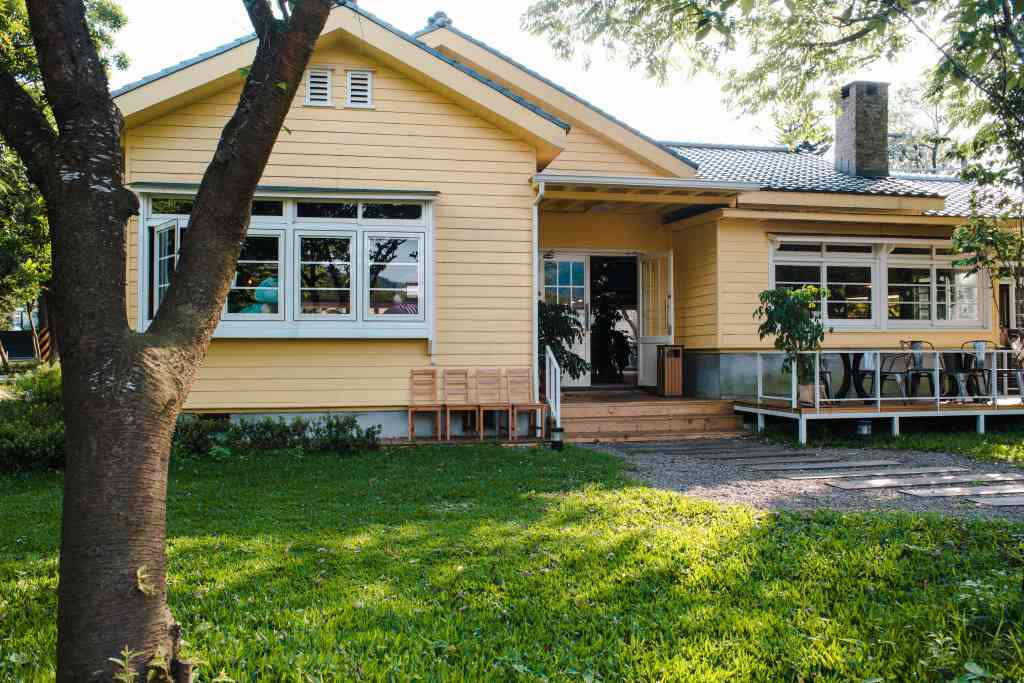
In the realm of real estate investment, risks are an inevitable component of the landscape. From natural disasters to unexpected accidents, commercial property insurance faces many threats that can potentially jeopardize investments.
However, savvy investors understand the importance of mitigating these risks through robust insurance coverage. Commercial property insurance serves as a vital safeguard, offering financial protection against a range of perils that could otherwise result in significant financial loss. If you want to buy commercial property insurance then you may visit Alpha surance.
In this comprehensive guide, we delve into the intricacies of commercial property insurance, exploring its significance, coverage options, and key considerations for investors looking to protect their real estate assets.
Importance of Commercial Property Insurance
Commercial property insurance is a type of insurance policy designed to protect commercial properties and their contents from various risks and perils.
Commercial property insurance is vital for safeguarding real estate investments against unforeseen risks. It offers financial protection by covering property damage, business interruption, and liability claims.
Without this coverage, property owners risk significant financial loss due to events like fires, storms, or vandalism. Moreover, commercial property insurance ensures business continuity by compensating for lost income during restoration periods.

1. Protecting Against Financial Loss
One of the primary reasons for securing commercial property insurance is to safeguard against financial loss. Property damage resulting from events such as fires, storms, vandalism, or theft can incur substantial repair or replacement costs.
Without adequate insurance coverage, property value may find owner facing significant financial burdens that could potentially jeopardize their investments.
2. Ensuring Business Continuity
Commercial property insurance not only covers the physical structure of the property but also provides coverage for business interruption.
In the event that a covered peril causes damage to the property, leading to temporary closure or disruption of business operations, business interruption insurance can help compensate for lost income and ongoing expenses during the restoration period.
This aspect of coverage is crucial for maintaining business continuity and minimizing the impact of unforeseen events on revenue streams.
3. Meeting Lender Requirements
In many cases, lenders require borrowers to carry commercial property insurance as a condition for securing financing for real estate investments. Lenders seek assurance that their investment is protected against potential risks that could affect the property’s value or viability as collateral.
By maintaining adequate insurance coverage, property owners can fulfill lender requirements and ensure compliance with loan agreements.
Coverage Options
Commercial property insurance policies typically offer a range of coverage options tailored to the specific needs and risks associated with different types of commercial properties. While coverage may vary depending on the insurer and policy terms, common components of commercial property insurance include:
- Property Coverage: Property coverage is the core component of commercial property insurance and typically encompasses protection for the physical structure of the property against perils such as fire, lightning, windstorm, hail, explosions, and vandalism. It may also extend to include additional structures on the property, such as detached garages or signage.
- Business Personal Property Coverage: Business personal property coverage provides protection for the contents inside the commercial property, including equipment, inventory, furniture, and fixtures. This coverage helps reimburse the property owner for losses or damage to business assets caused by covered perils.
- Business Interruption Coverage: Business interruption coverage, also known as business income coverage, compensates for lost income and ongoing expenses incurred during the period of restoration when the business operations are temporarily suspended due to covered property damage. This coverage helps businesses maintain financial stability and recover more quickly from disruptions.
- Liability Coverage: Liability coverage protects property owners from legal liability for bodily injury or property damage claims brought against them by third parties. This coverage may apply to incidents that occur on the insured property, such as slip-and-fall accidents, or as a result of the business operations conducted on the premises

Key Considerations for Property Owners
Property owners must carefully consider several factors when purchasing commercial property insurance. Assessing property risks, reviewing coverage limits and deductibles, comparing insurance quotes, understanding policy exclusions, and maintaining property safety are key considerations.
By conducting thorough evaluations and working with experienced professionals, property owners can ensure they have adequate coverage to protect their investments against various perils while also optimizing insurance costs and minimizing risks.
Assessing Property Risks
Before purchasing commercial property insurance, property owners should conduct a thorough assessment of the risks associated with their property and business operations.
This may involve identifying potential hazards, evaluating the property’s susceptibility to natural disasters or other perils, and understanding any regulatory or compliance requirements that may impact insurance needs.
Reviewing Coverage Limits and Deductibles
It’s essential for property owners to carefully review their insurance policy’s coverage limits and deductibles to ensure they adequately protect their investment without overpaying for unnecessary coverage.
Property values, replacement costs, and business income projections should all be taken into account when determining appropriate coverage limits.
Comparing Insurance Quotes
To obtain the best coverage at competitive rates, property owners should obtain multiple insurance quotes from reputable insurers and compare policy features, coverage limits, deductibles, and premiums.
Working with an experienced insurance broker or agent can help navigate the complexities of commercial property insurance and identify the most suitable options.
Understanding Policy Exclusions and Limitations
Property owners should thoroughly review their insurance policy to understand any exclusions or limitations that may apply to coverage. Common exclusions may include certain types of perils, such as earthquakes or floods, which may require separate insurance policies or endorsements to address.
Maintaining Property Safety and Security
Investing in property maintenance, safety, and security measures can help reduce the risk of property damage or loss and may also result in lower insurance premiums.
Implementing measures such as installing security systems, fire alarms, and sprinkler systems, and conducting regular inspections can mitigate risks and demonstrate proactive risk management to insurers.

Conclusion
Commercial insurance plays a vital role in safeguarding real estate investments against a wide range of risks and perils. By providing financial protection for property damage, business interruption, liability claims, and more, commercial property insurance helps property owners mitigate potential losses and ensure business continuity.







